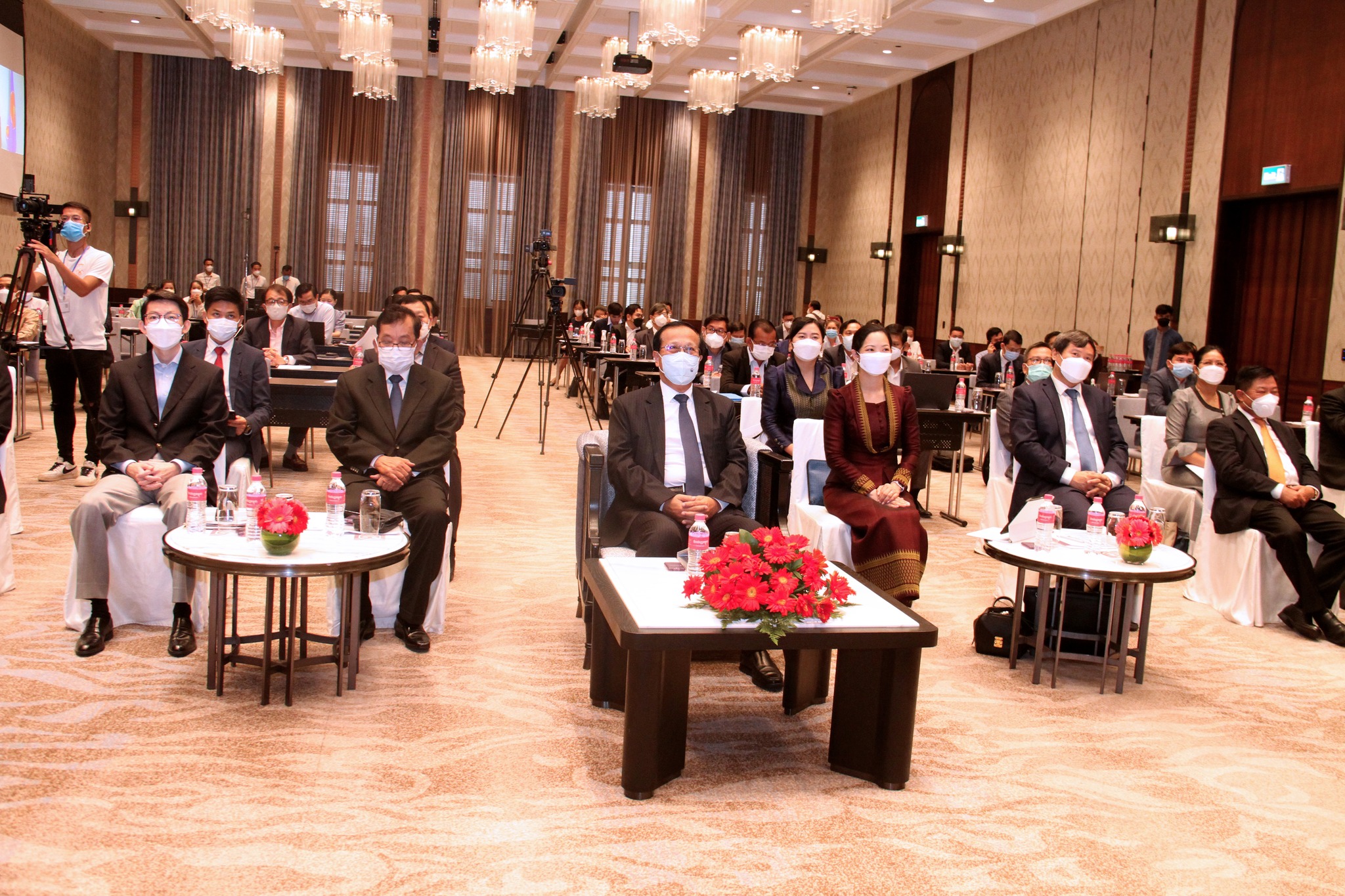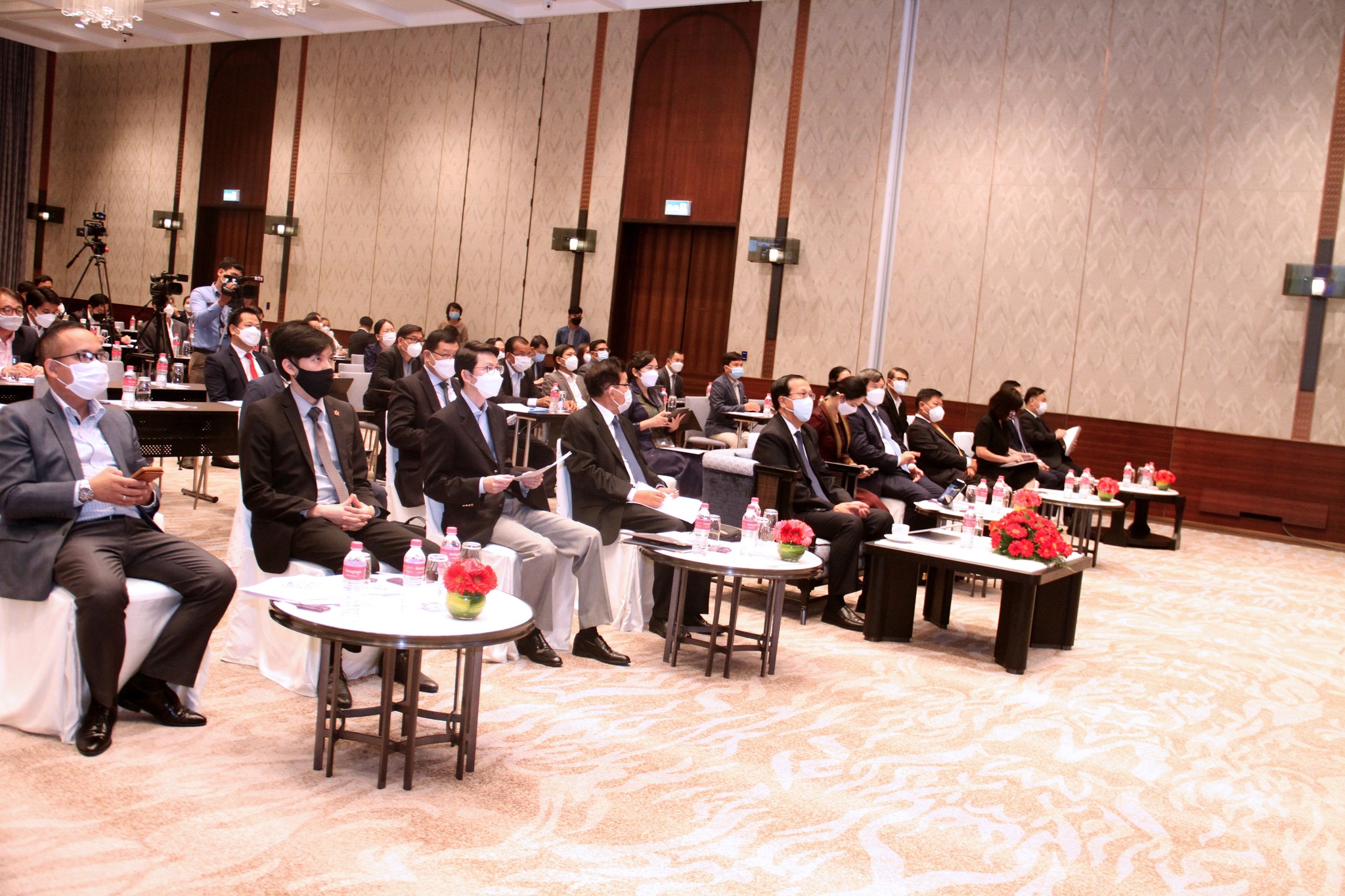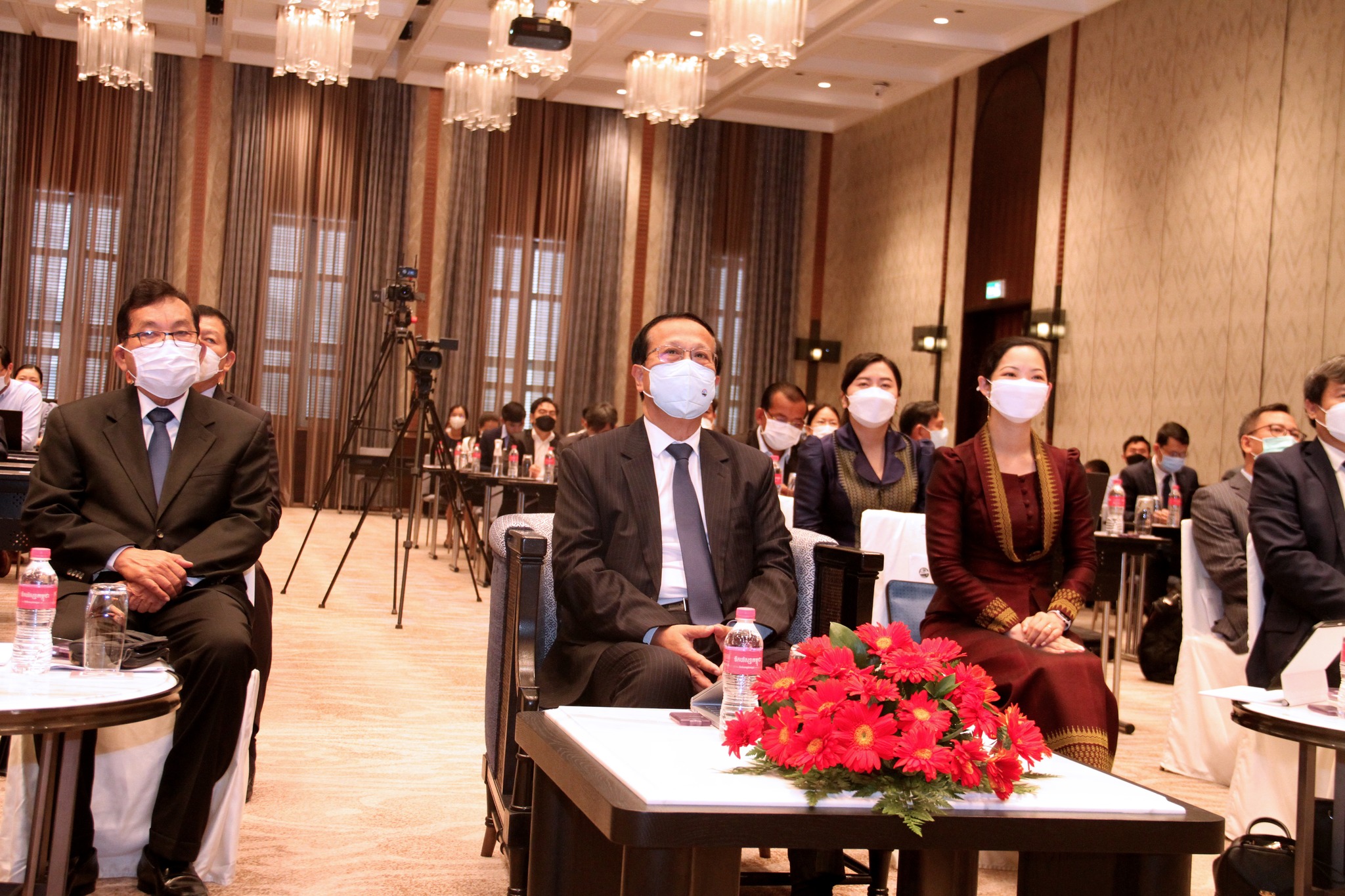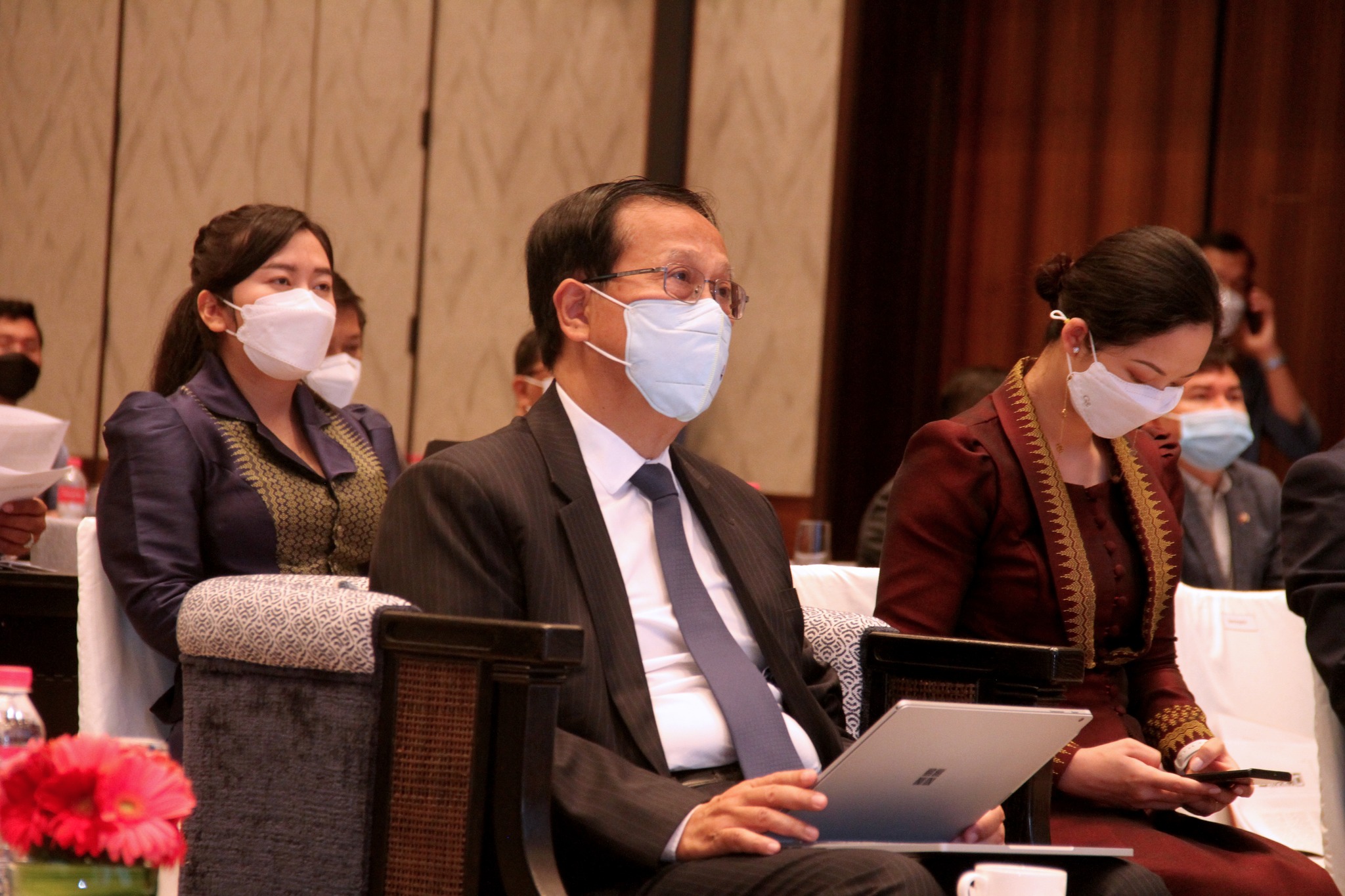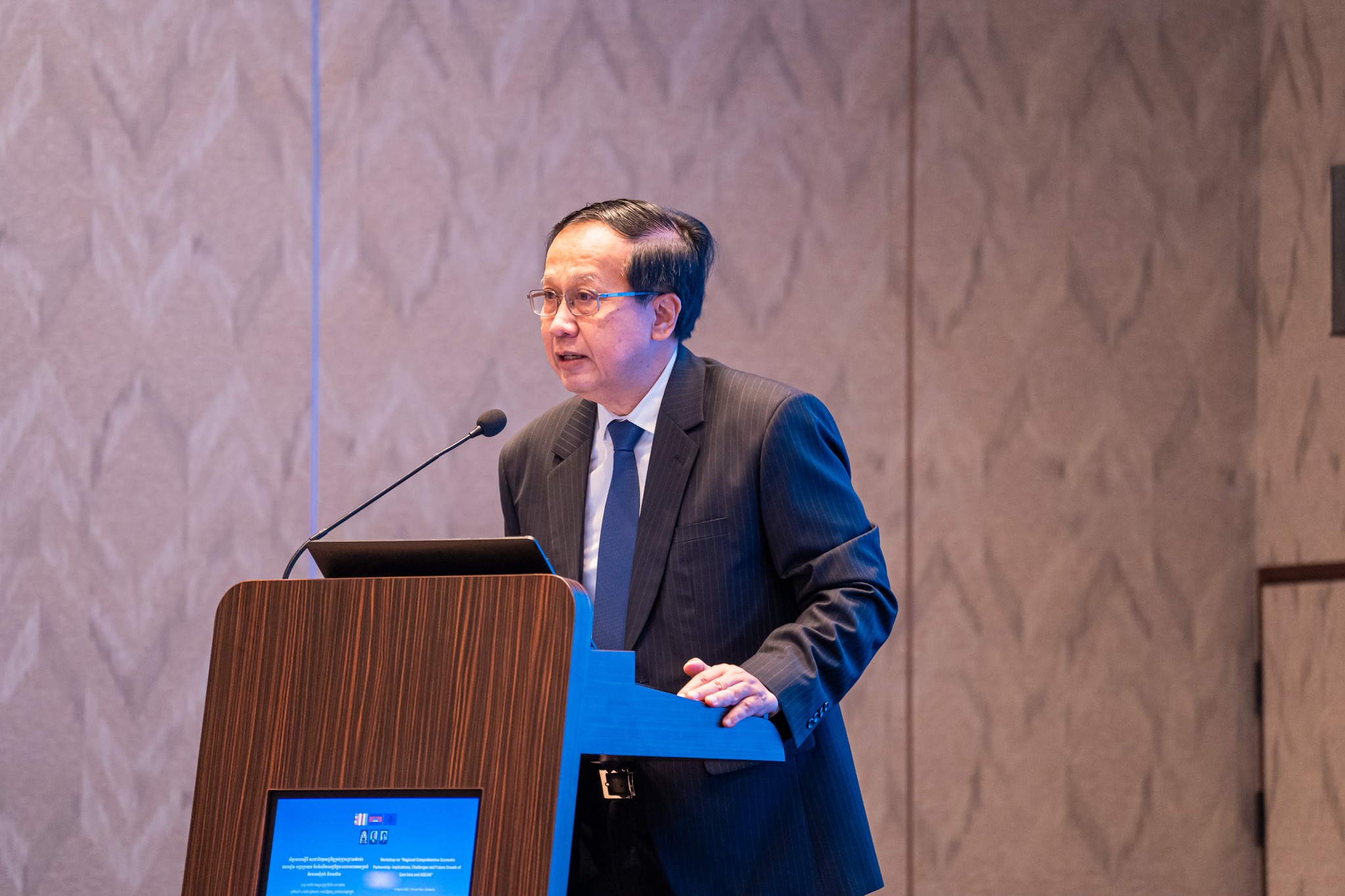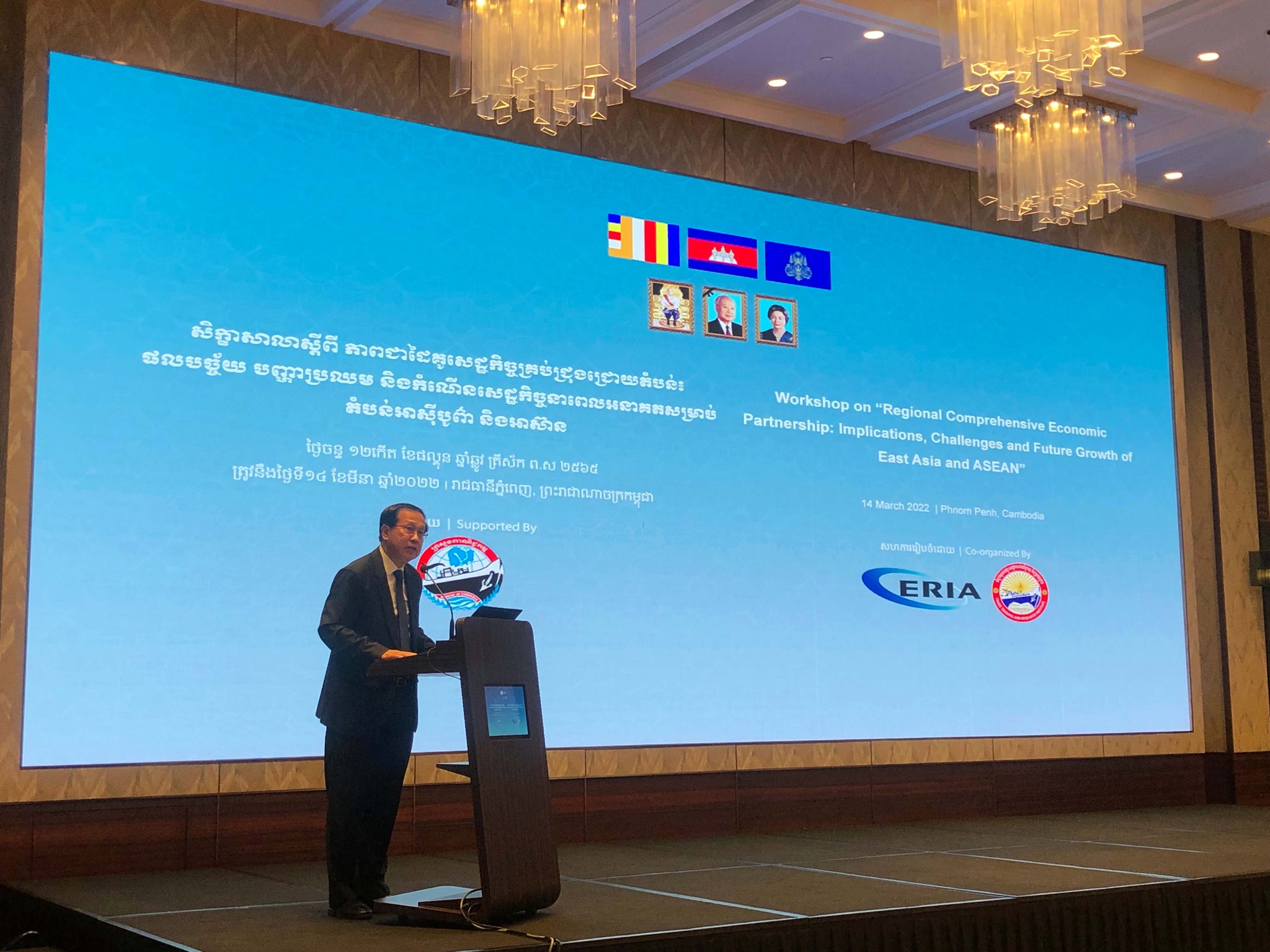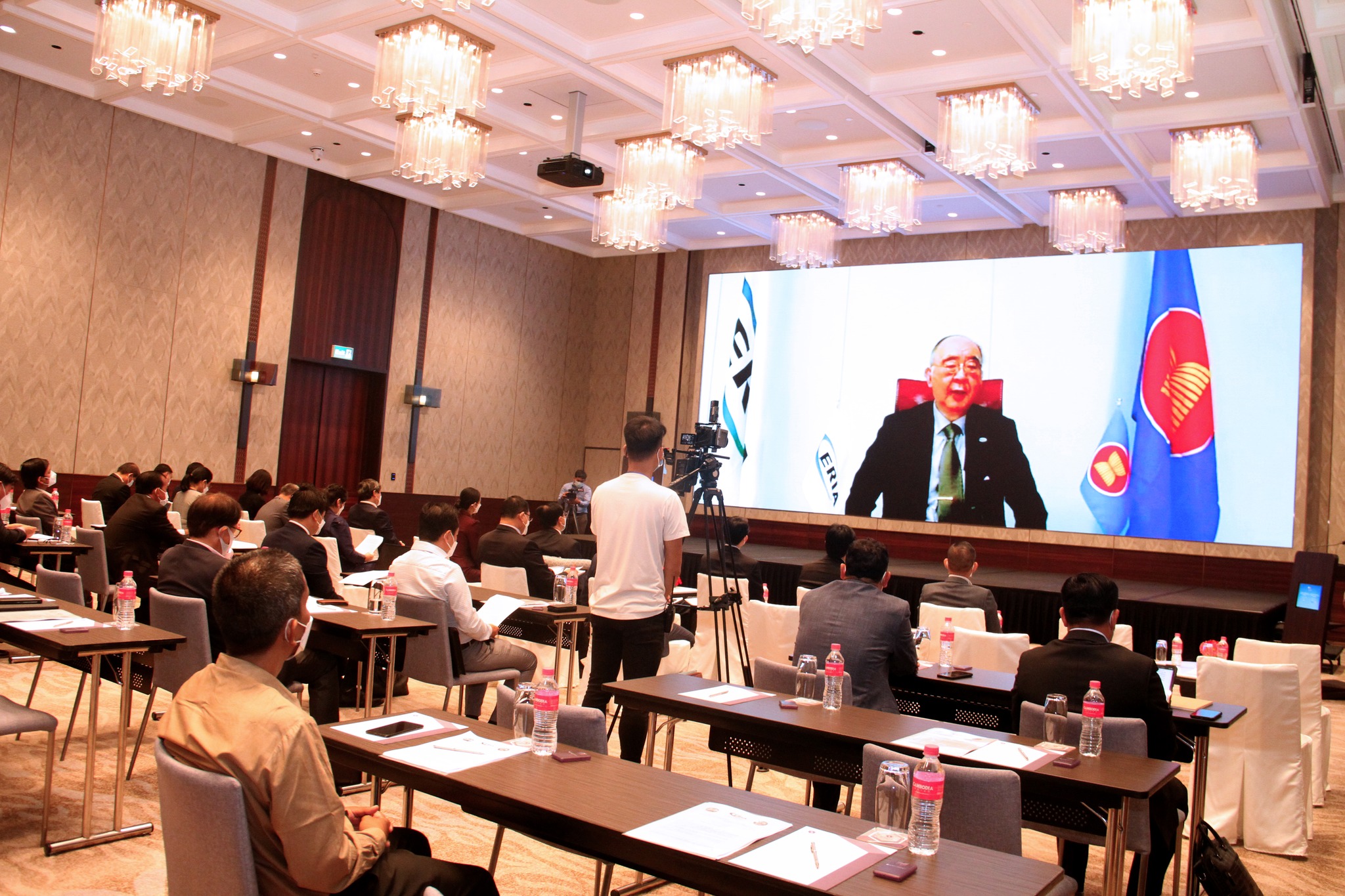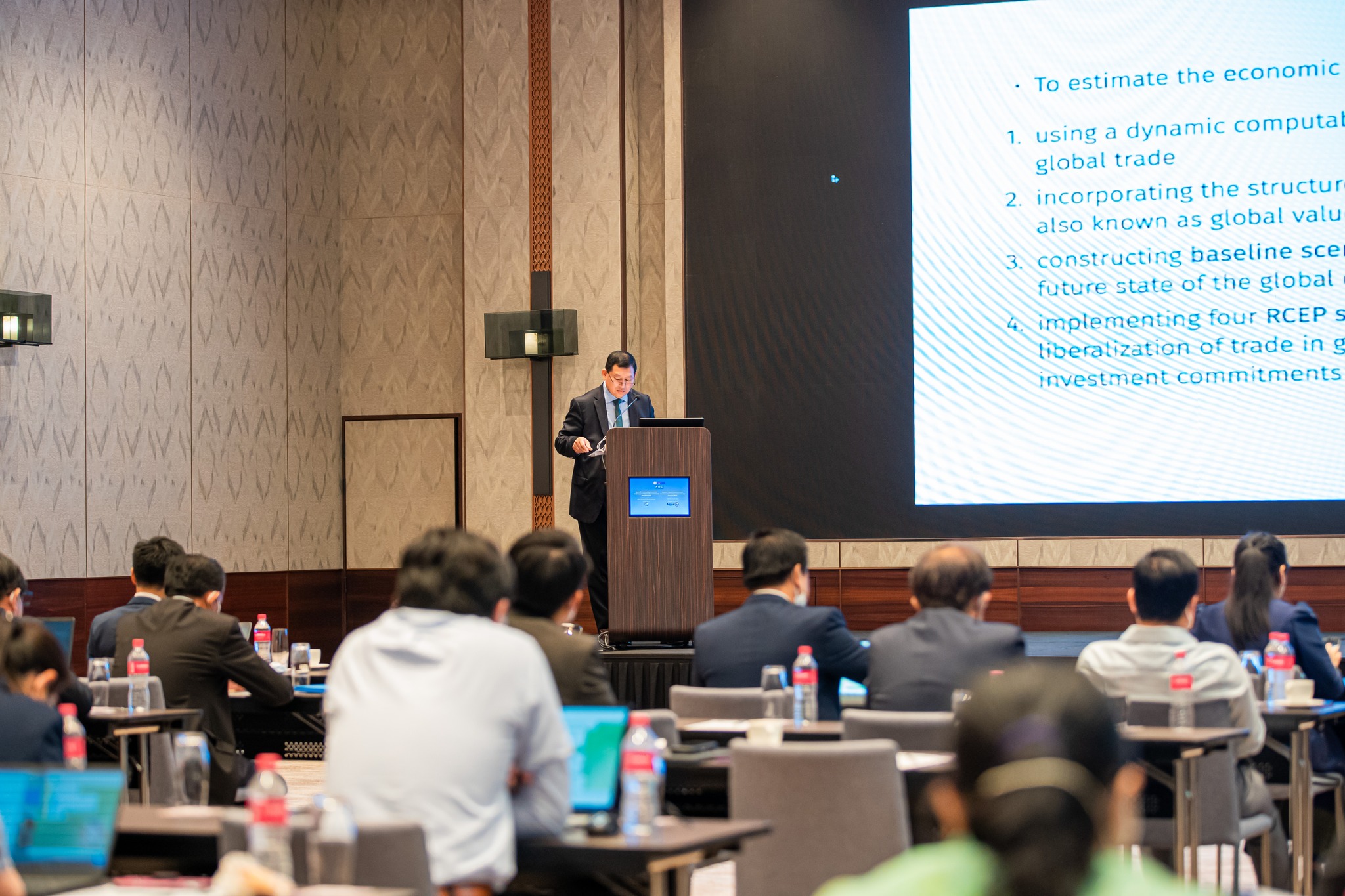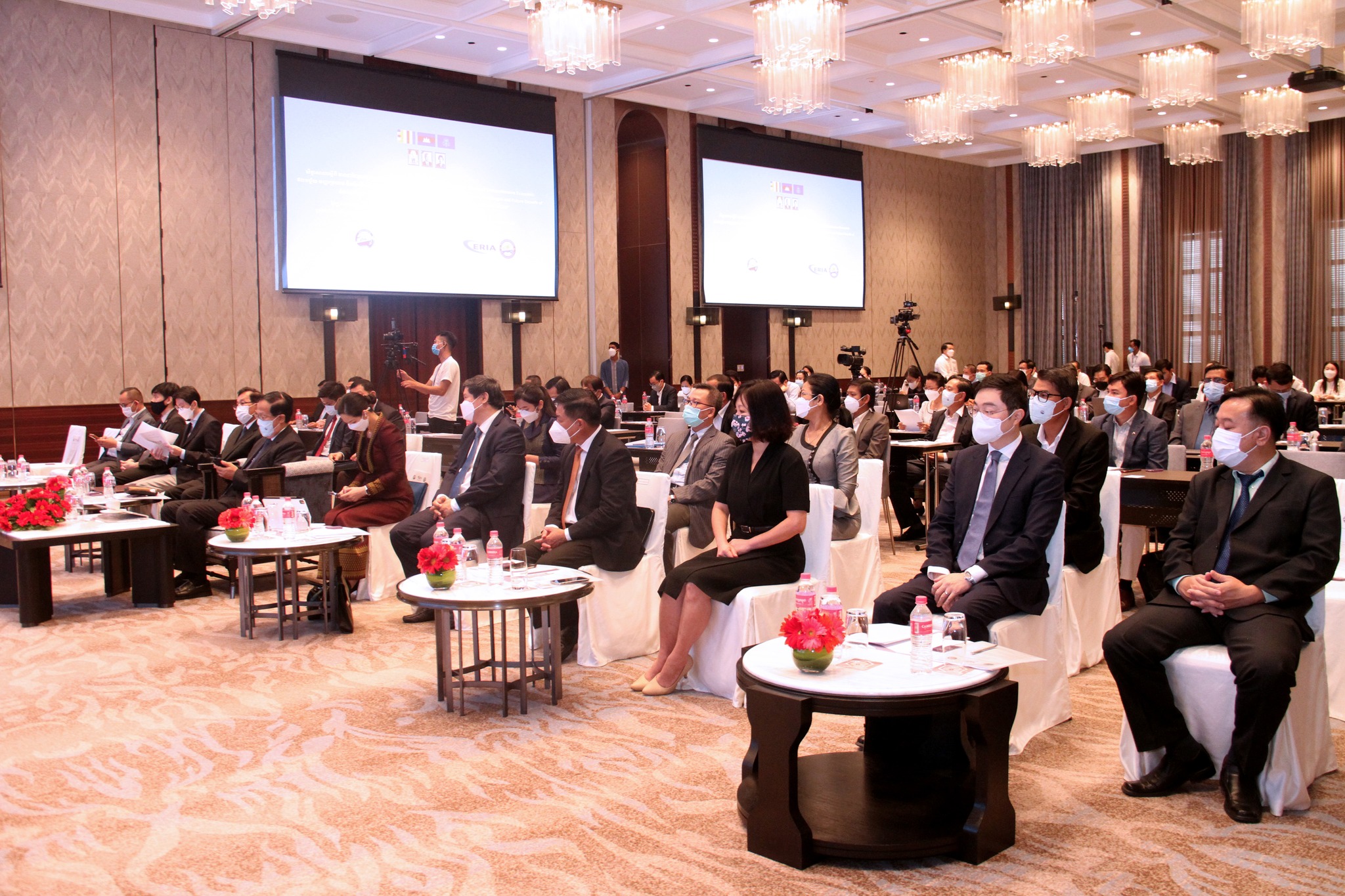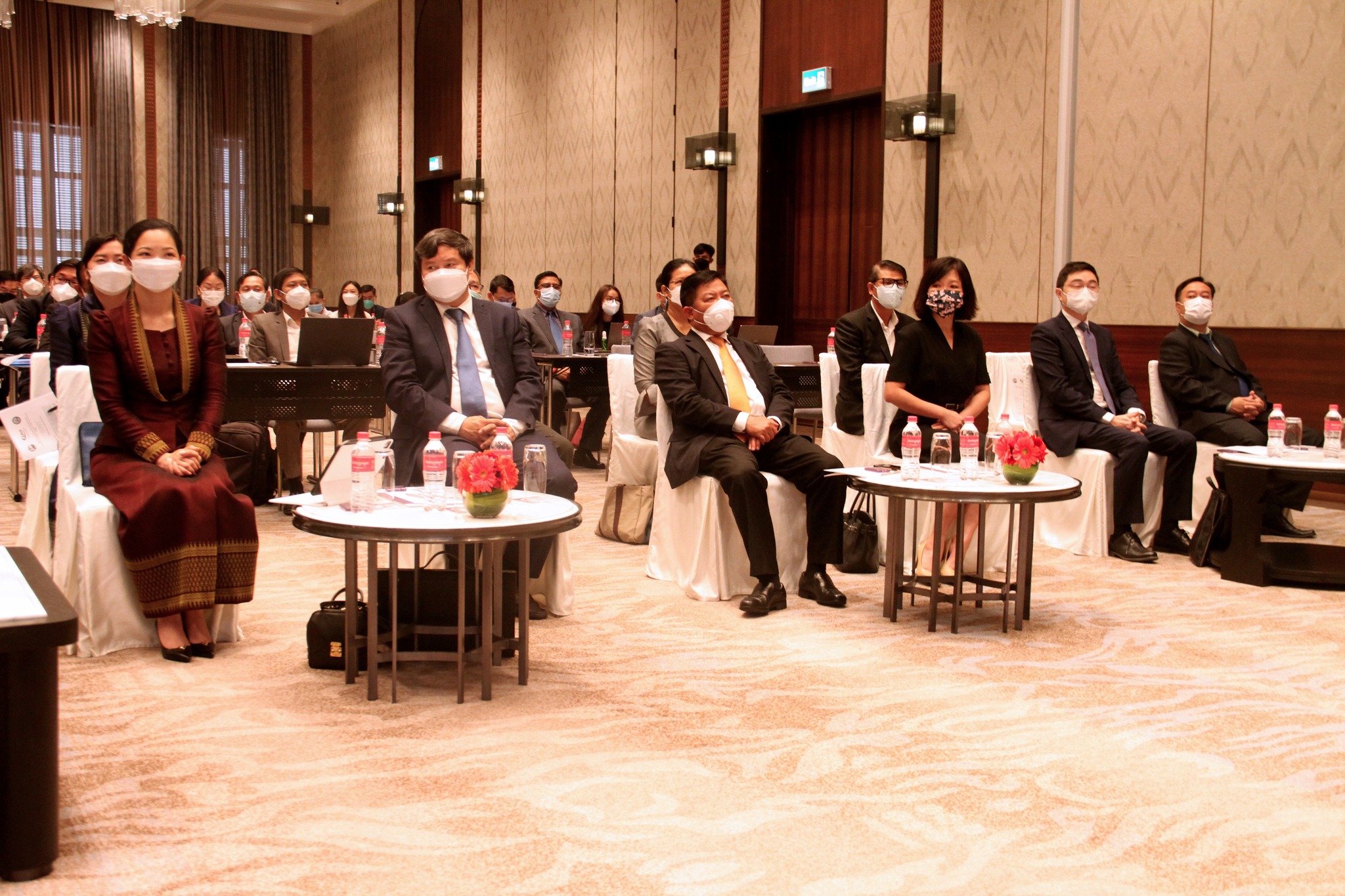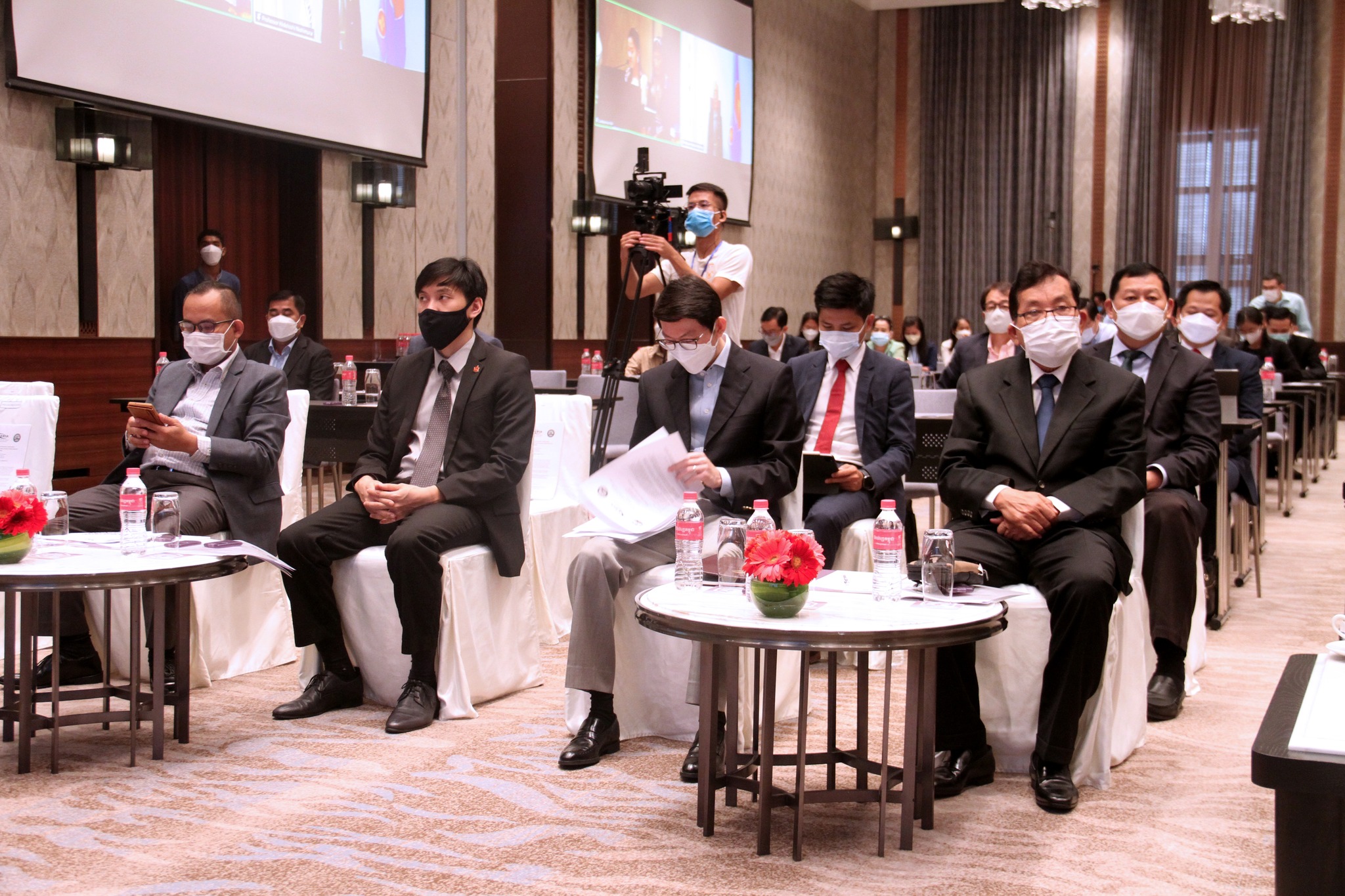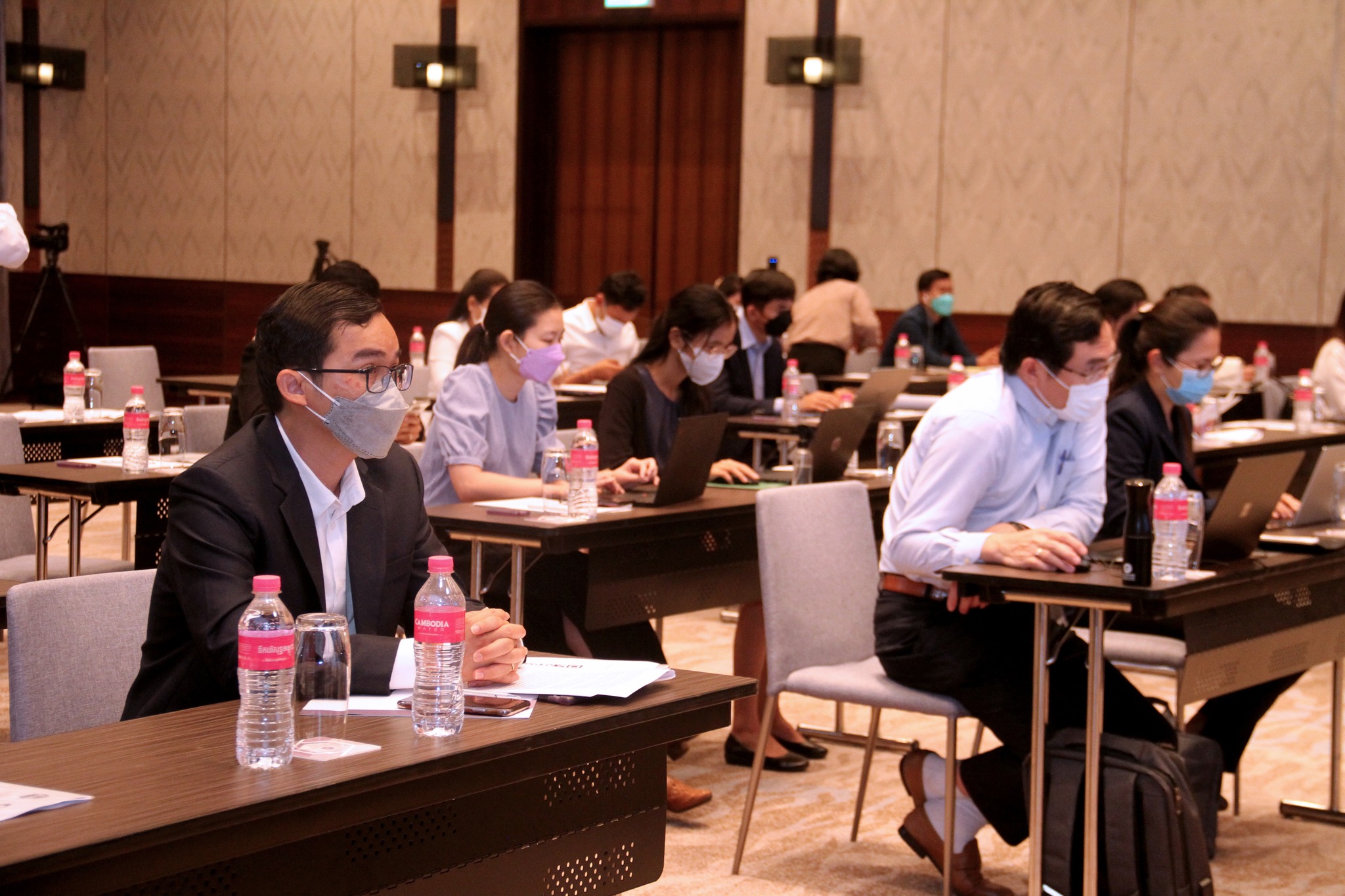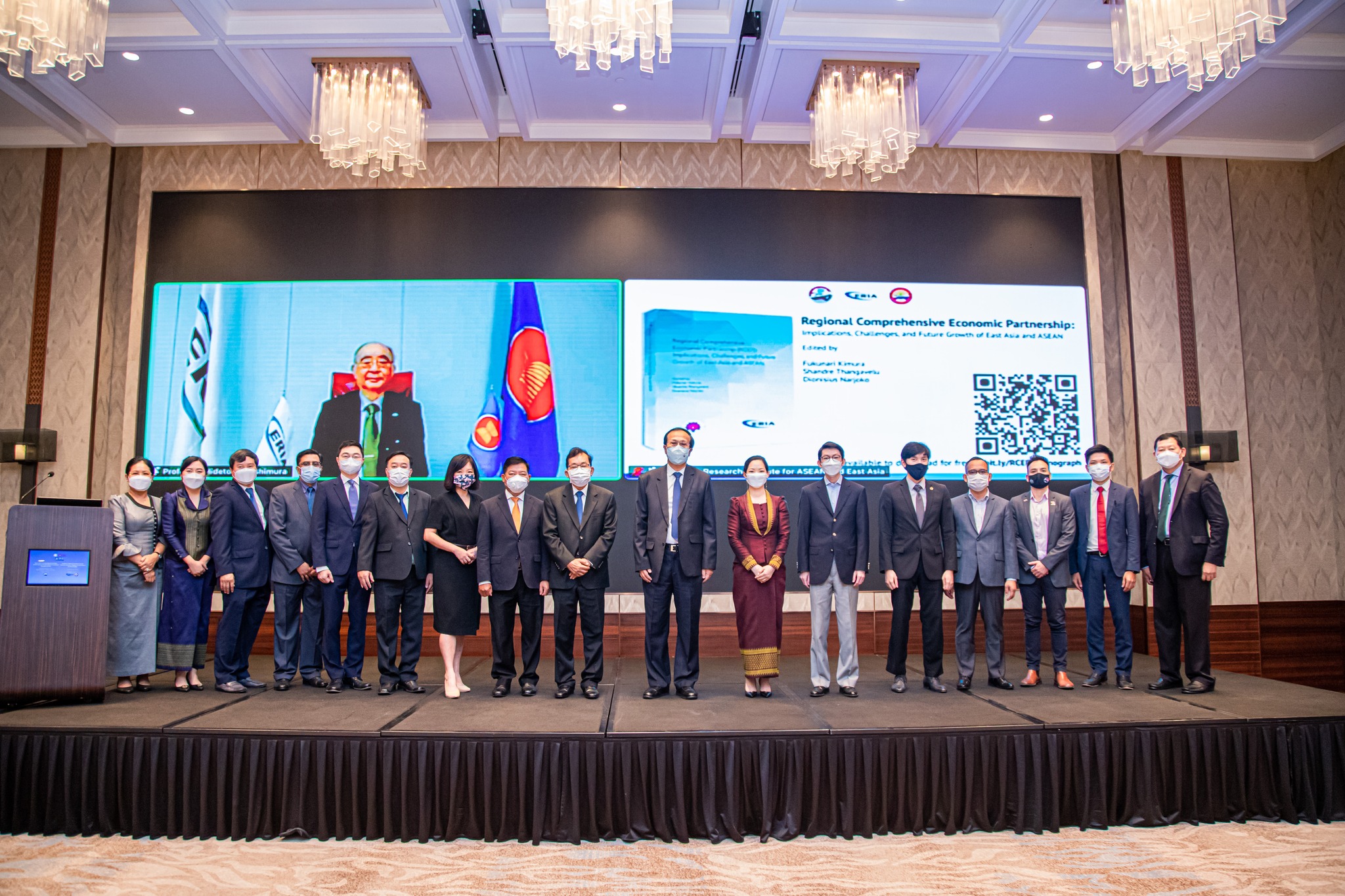PHNOM PENH: A workshop on the Regional Comprehensive Economic Partnership was held on Monday, where Cambodian officials and experts gathered to discuss its benefits and achievements so far.
The Regional Comprehensive Economic Partnership, Consequences, Challenges and Future Economic Growth for East Asia and ASEAN Workshop was held online on Monday with the participation of officials from relevant ministries, national and international institutions, embassies and the private sector.
The workshop was organized to hold discussions among national experts and international researchers on how this agreement fits into the regional-global trade model, and with the aim to solve any identified challenges, and promote particular mechanisms, commitments and technical aspects which appear to be working well.
The RCEP is a widescale trade agreement between the 10 ASEAN member states and the five major trade partners to ASEAN, namely China, Japan, South Korea, Australia and New Zealand. The agreement was first signed on 15 November 2020, and finally came into force on 1 January 2022.
The Minister of Commerce, Pan Sorasak, stated during the workshop that the RCEP agreement will provide Cambodia a yearly growth of export from 9.4% to 18%, which will contribute to 2% to 3.8% percent of national economic growth.
Around 30% of the world’s population is covered by the RCEP, accounting for about 30% of the global GDP, and also representing around 28% of global trade.
More than 90% of merchandise trade among signed members of the RCEP will eventually be subject to zero tariffs.
